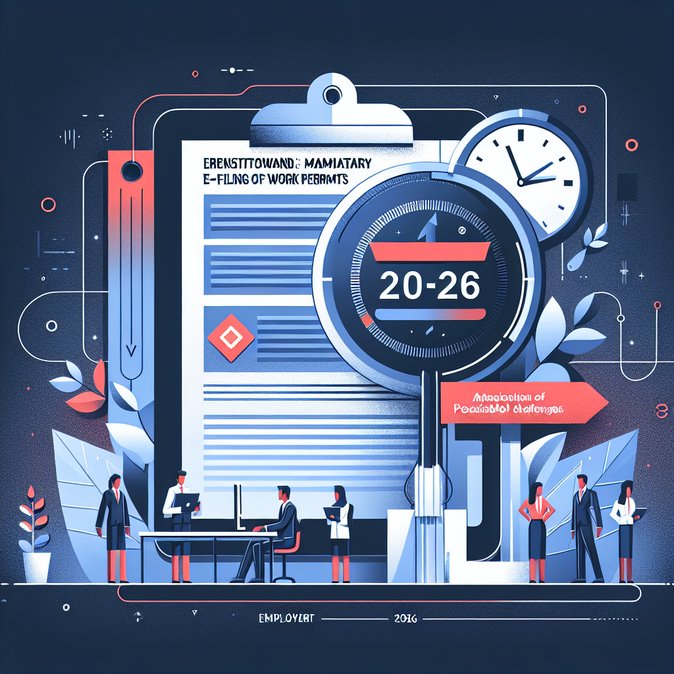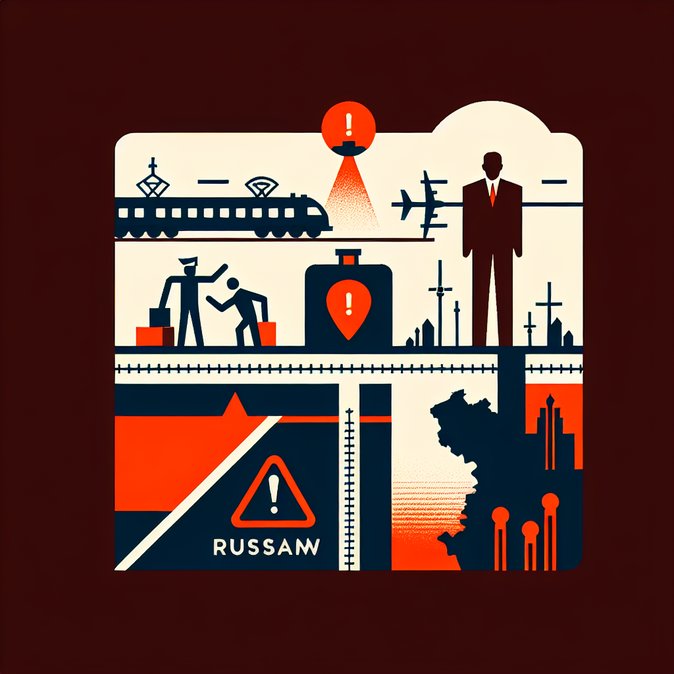
A Business Insider Polska deep-dive, echoed on 24 November by VisaHQ, highlights how the 2025 overhaul of Poland’s foreign-employment law—fully digitising work-permit filings and escalating notification duties—has already stretched HR departments. Electronic filing gives real-time visibility but has exposed inconsistencies among voivode offices, leaving companies uncertain how to meet new seven-day start-date reporting rules.
Three milestones loom in 2026. First, the special act that exempts more than one million displaced Ukrainians from standard work-permit quotas expires, potentially re-imposing annual caps unless legislators intervene. Second, a statutory rise in the national minimum wage on 1 January automatically lifts the salary thresholds embedded in work-permit and single-permit regulations (see separate story below). Third, draft rules would tighten seasonal-work declarations and introduce fast-track sanctions for employers who fail to notify non-commencement.
![Employers Brace for 2026 as Poland’s Foreign-Worker Compliance Regime Tightens]()
Legal advisers warn that once the Ukrainian safeguard lapses, companies will compete for a finite quota of permits, raising processing times and recruitment costs. Smaller employers face steep learning curves; multinationals are planning year-end audits, mapping job families that rely on Ukrainian talent and training frontline staff on the new e-portal.
Practical tips include budgeting for longer lead times on permit extensions, updating posted-worker cost projections and revising relocation allowances where wage hikes push expatriates into higher tax brackets. Failure to adapt could trigger fines of up to PLN 50,000 under the June 2025 amendments.
Three milestones loom in 2026. First, the special act that exempts more than one million displaced Ukrainians from standard work-permit quotas expires, potentially re-imposing annual caps unless legislators intervene. Second, a statutory rise in the national minimum wage on 1 January automatically lifts the salary thresholds embedded in work-permit and single-permit regulations (see separate story below). Third, draft rules would tighten seasonal-work declarations and introduce fast-track sanctions for employers who fail to notify non-commencement.

Legal advisers warn that once the Ukrainian safeguard lapses, companies will compete for a finite quota of permits, raising processing times and recruitment costs. Smaller employers face steep learning curves; multinationals are planning year-end audits, mapping job families that rely on Ukrainian talent and training frontline staff on the new e-portal.
Practical tips include budgeting for longer lead times on permit extensions, updating posted-worker cost projections and revising relocation allowances where wage hikes push expatriates into higher tax brackets. Failure to adapt could trigger fines of up to PLN 50,000 under the June 2025 amendments.


